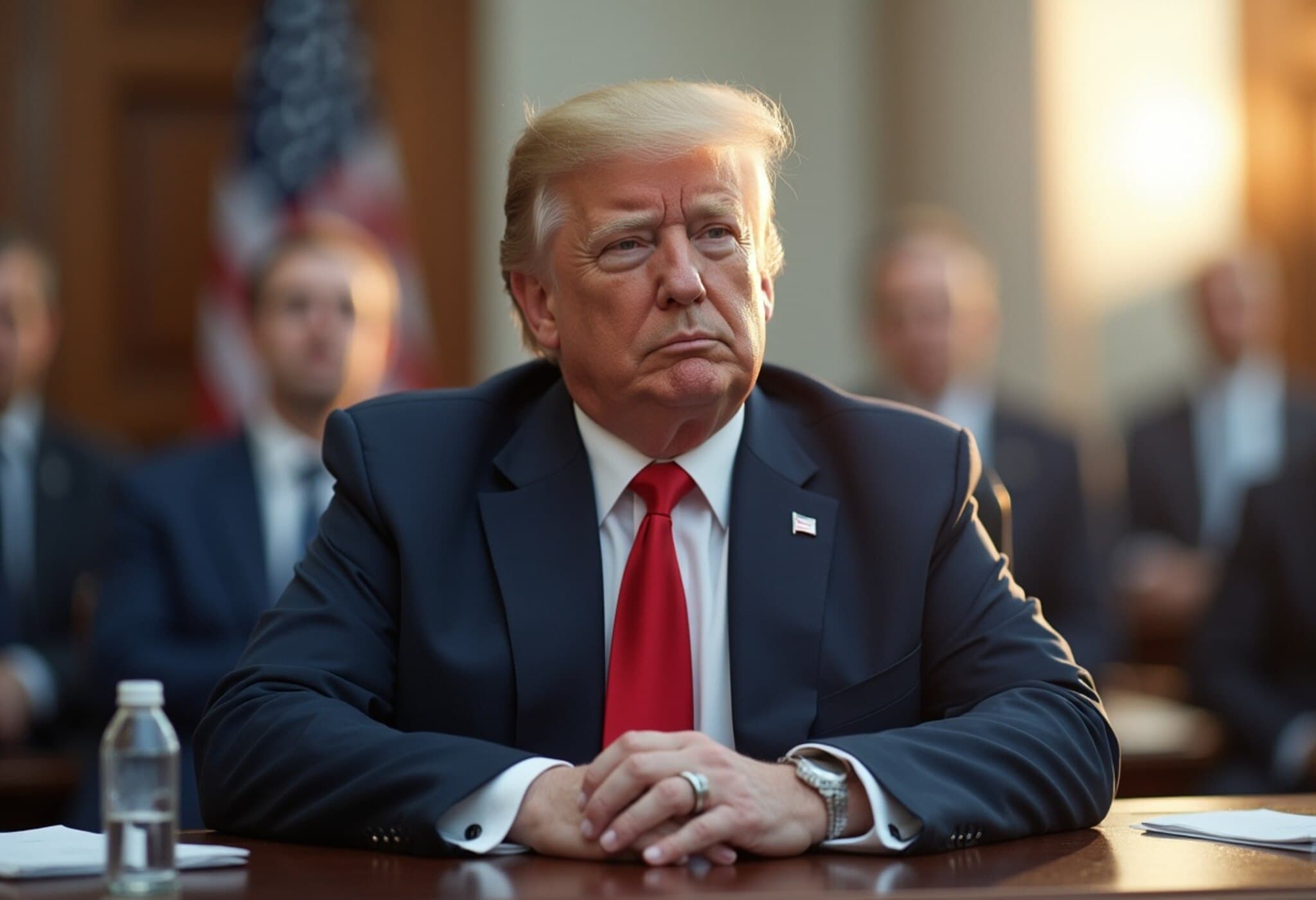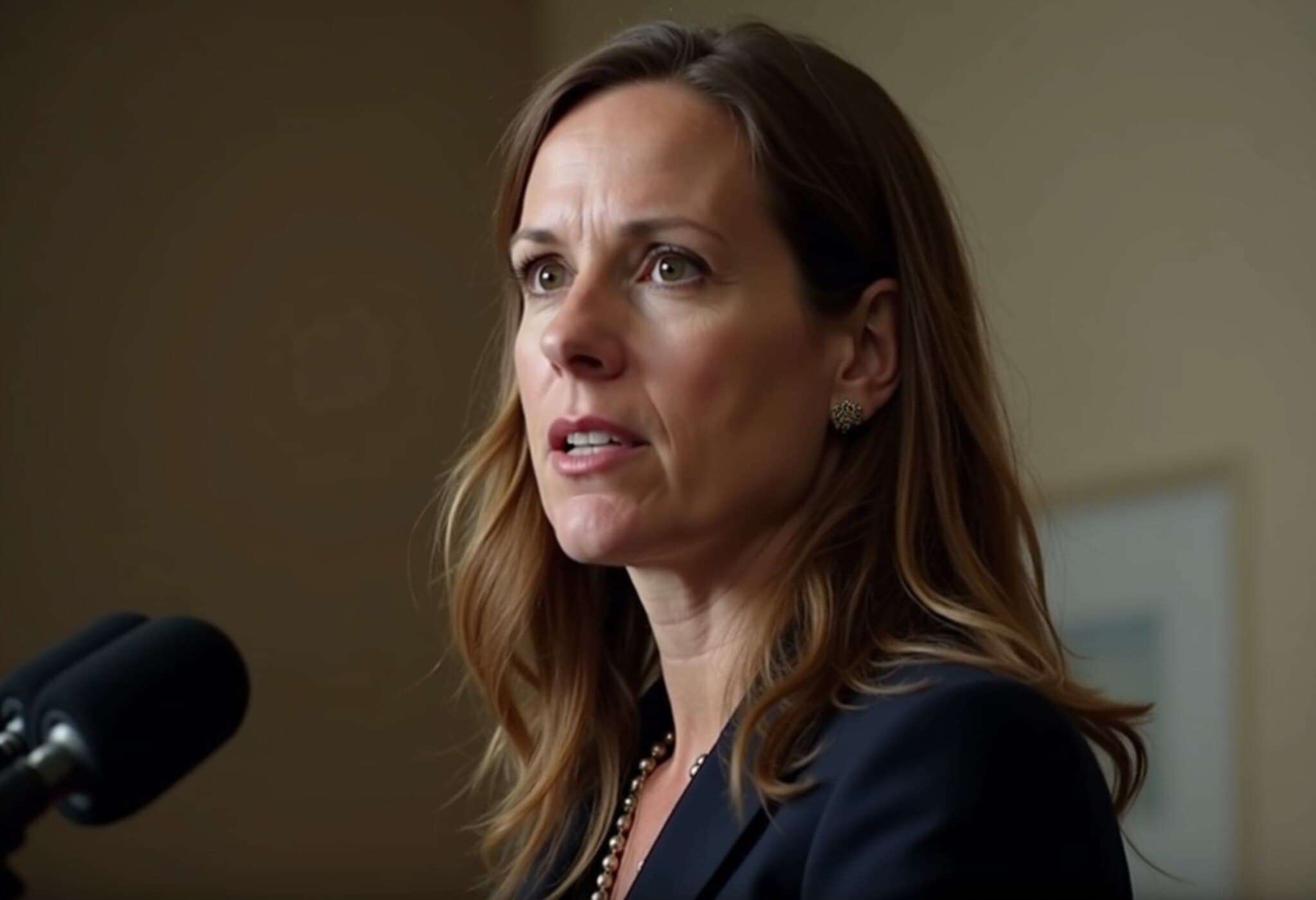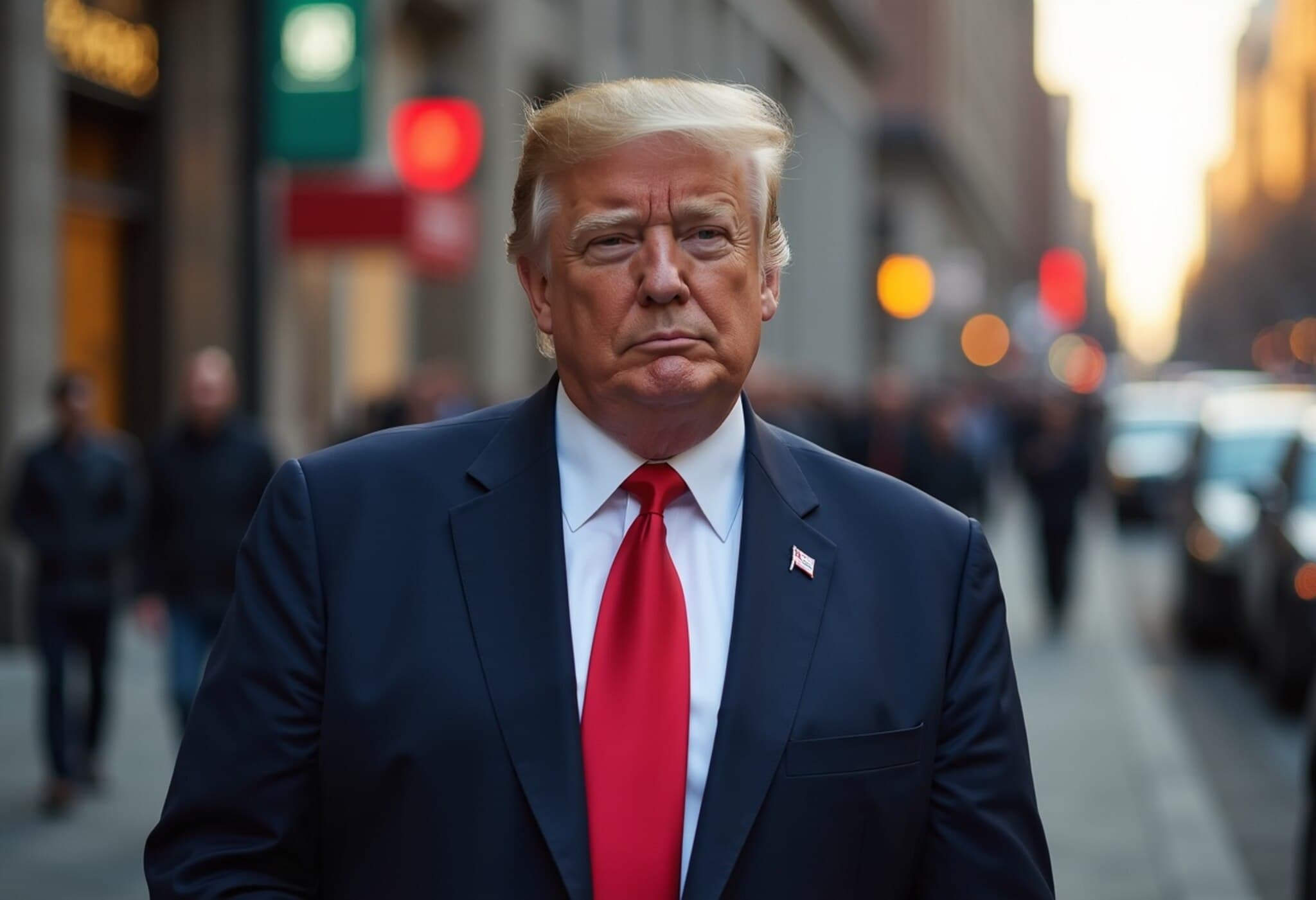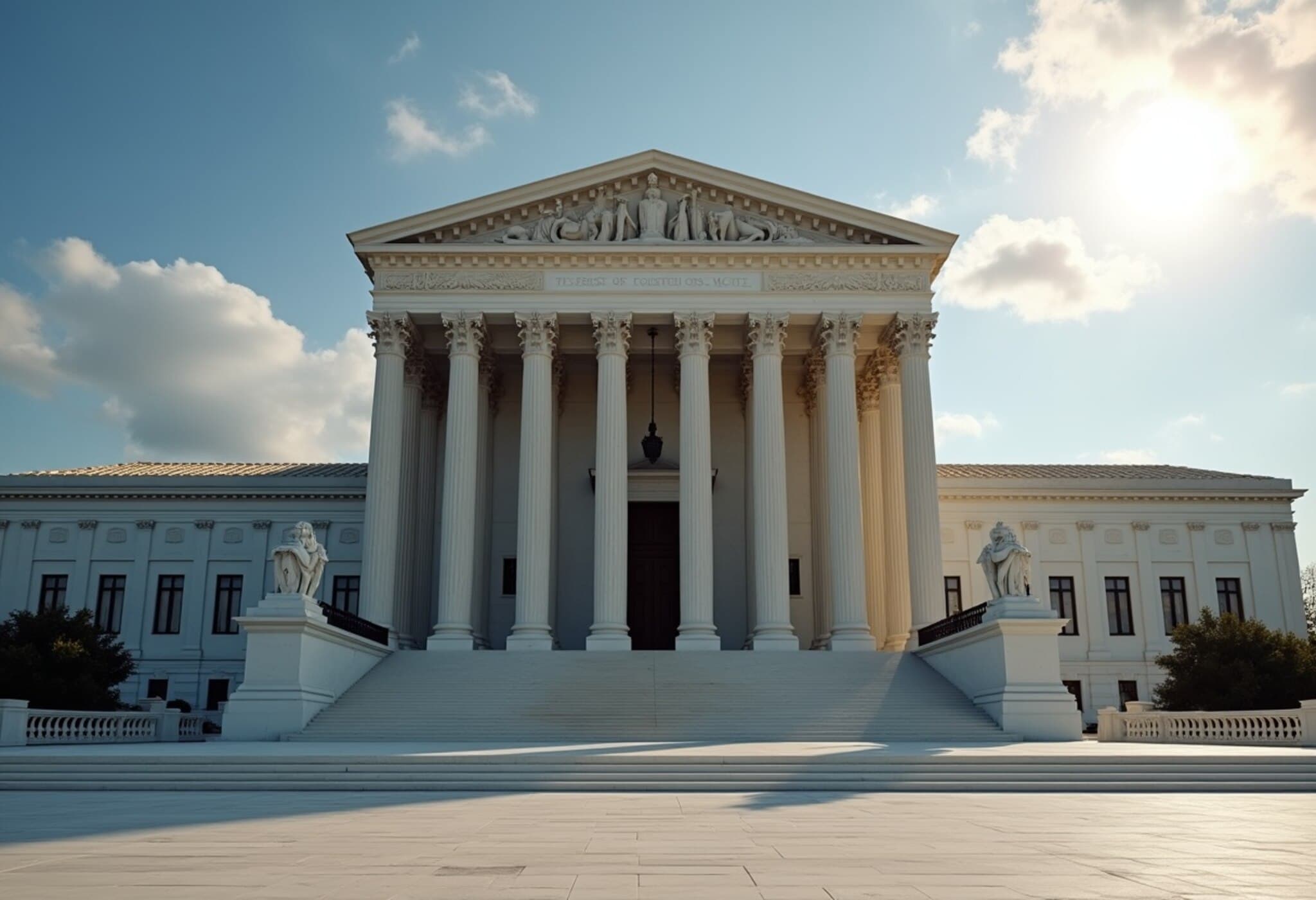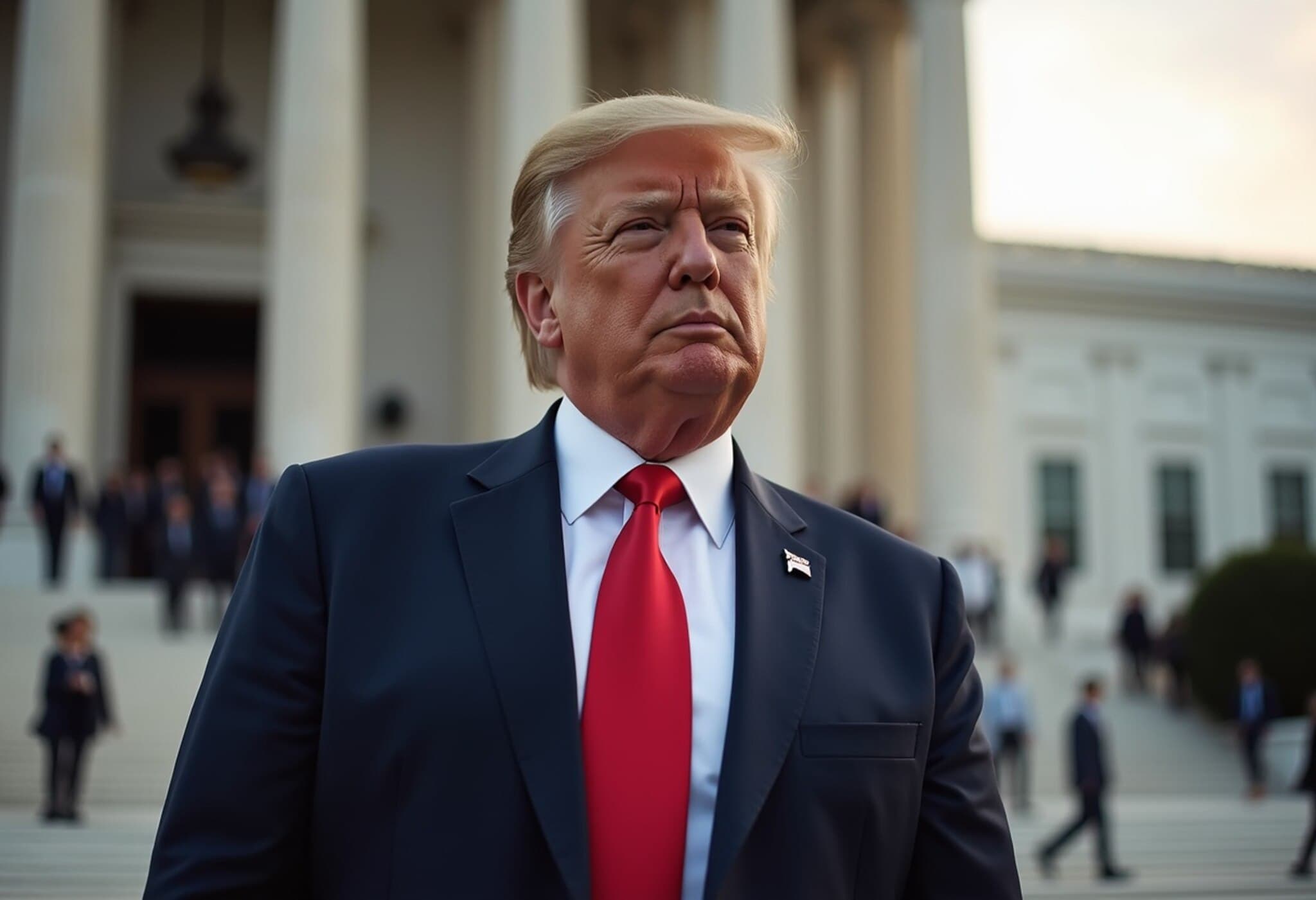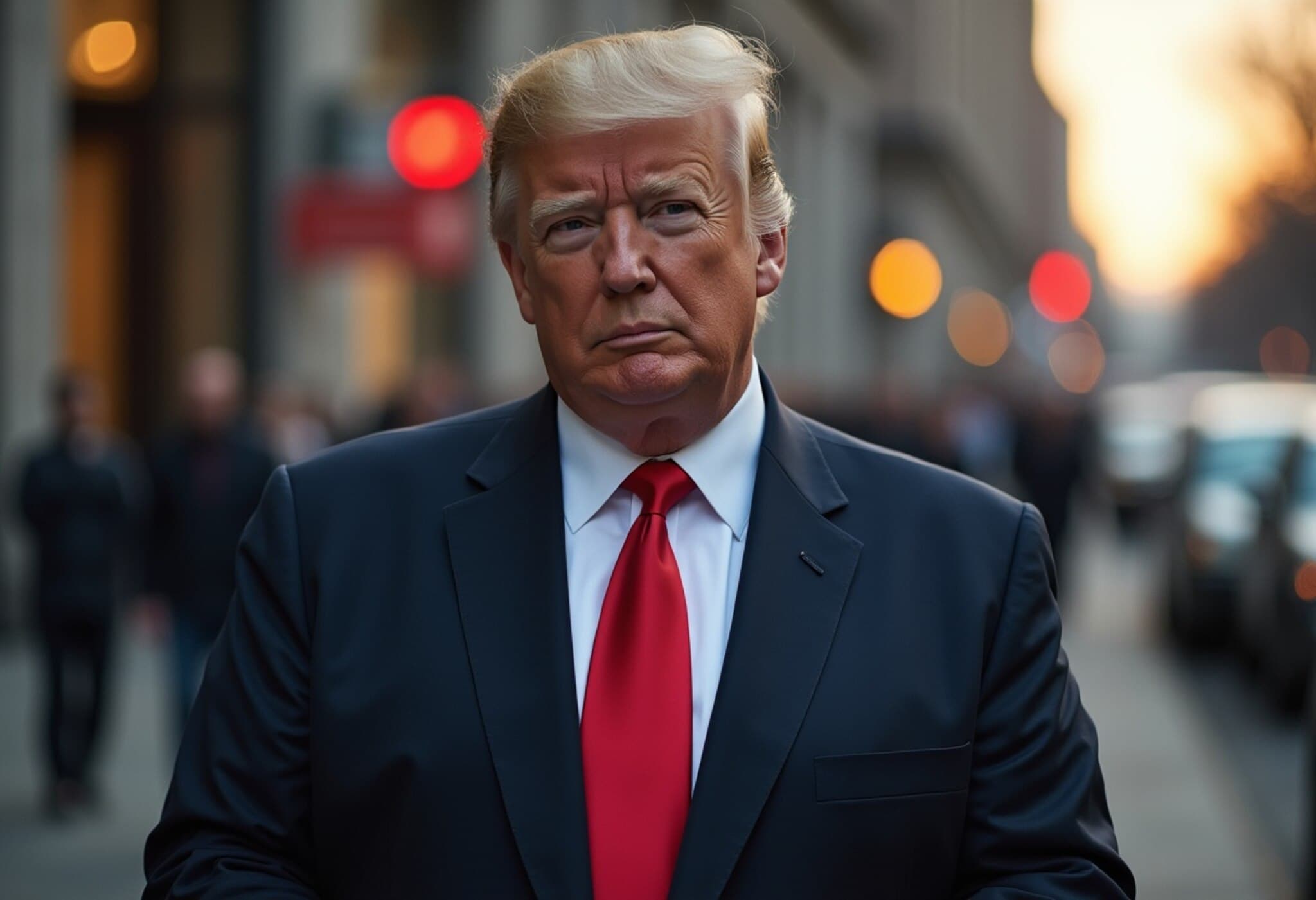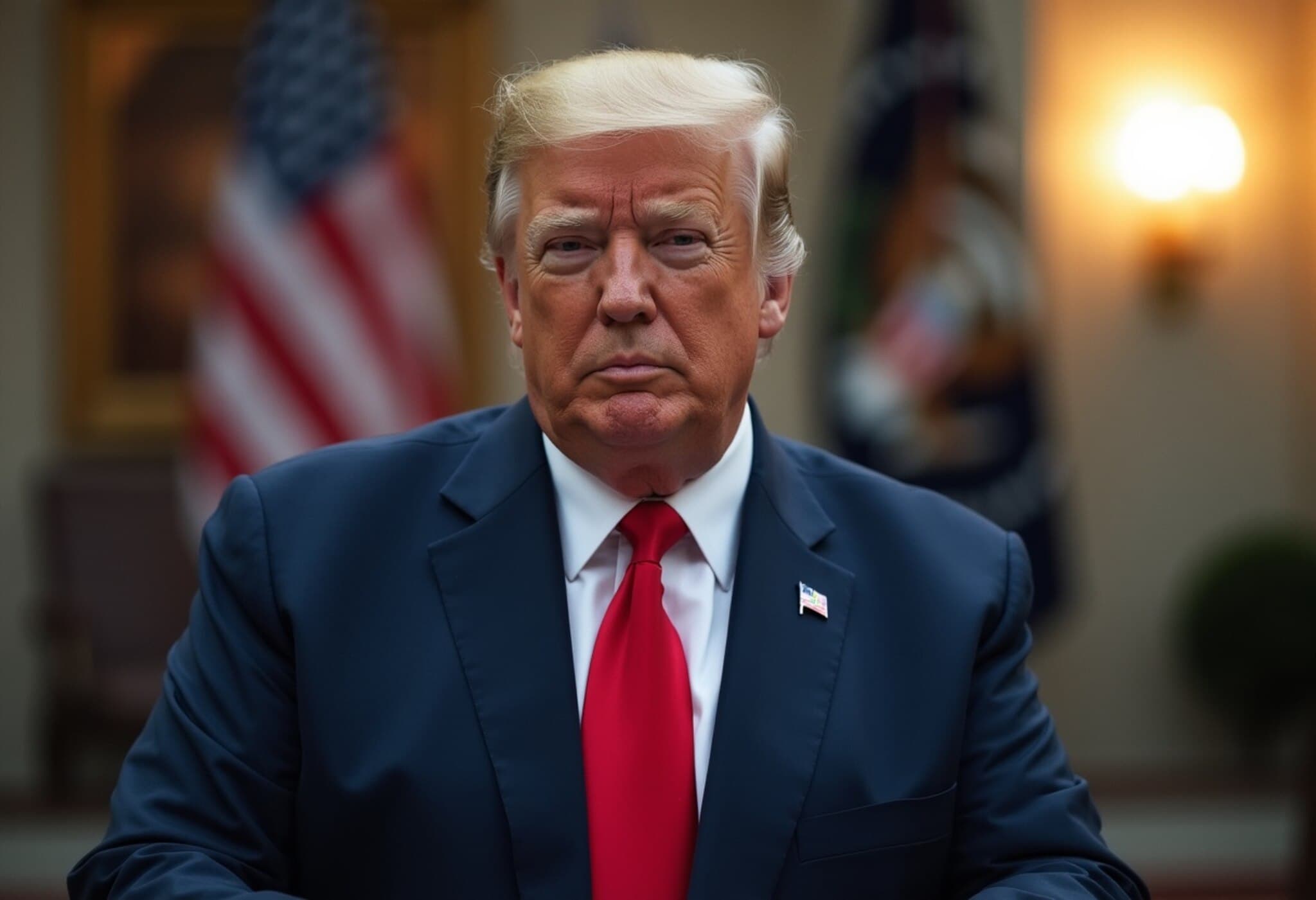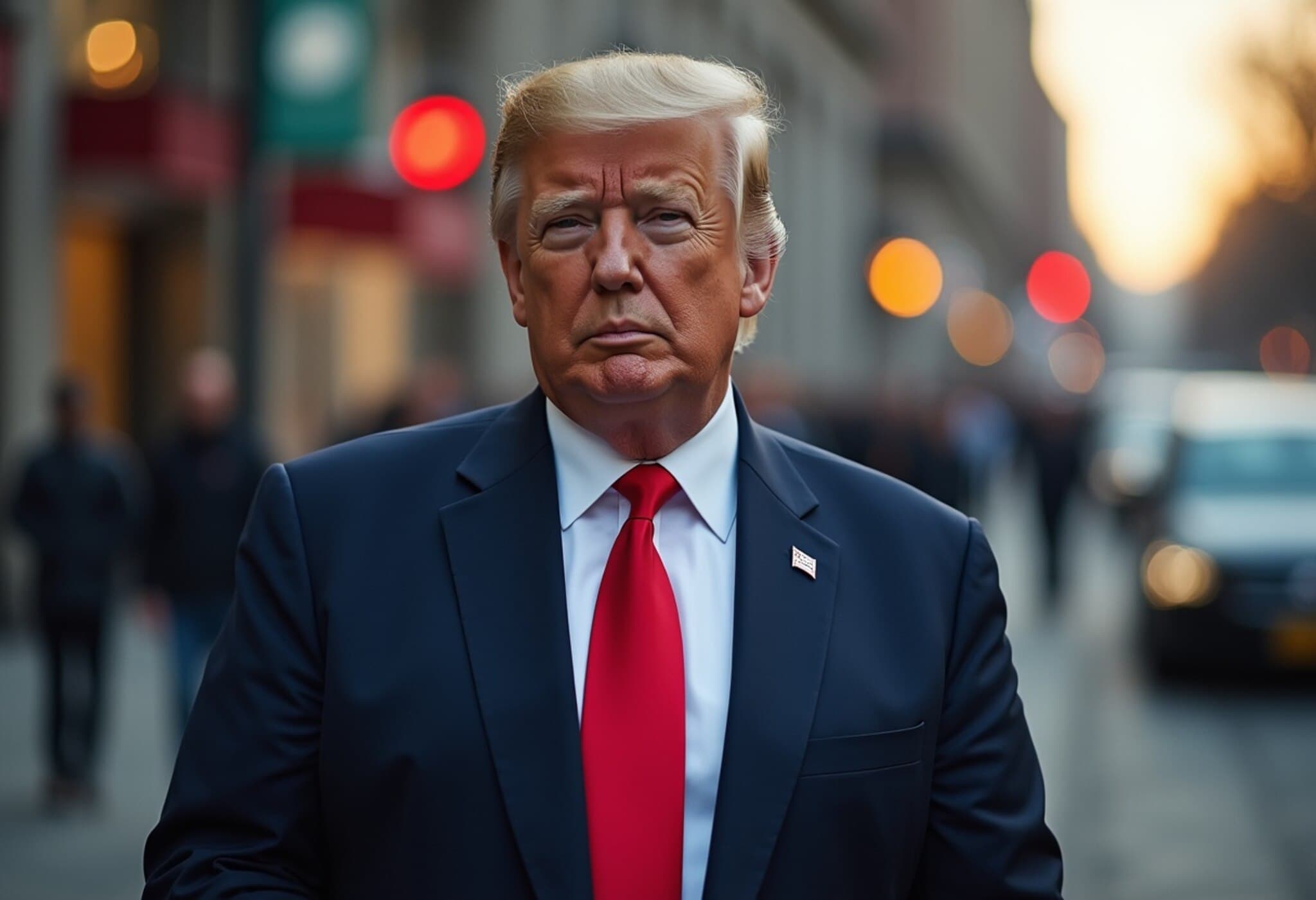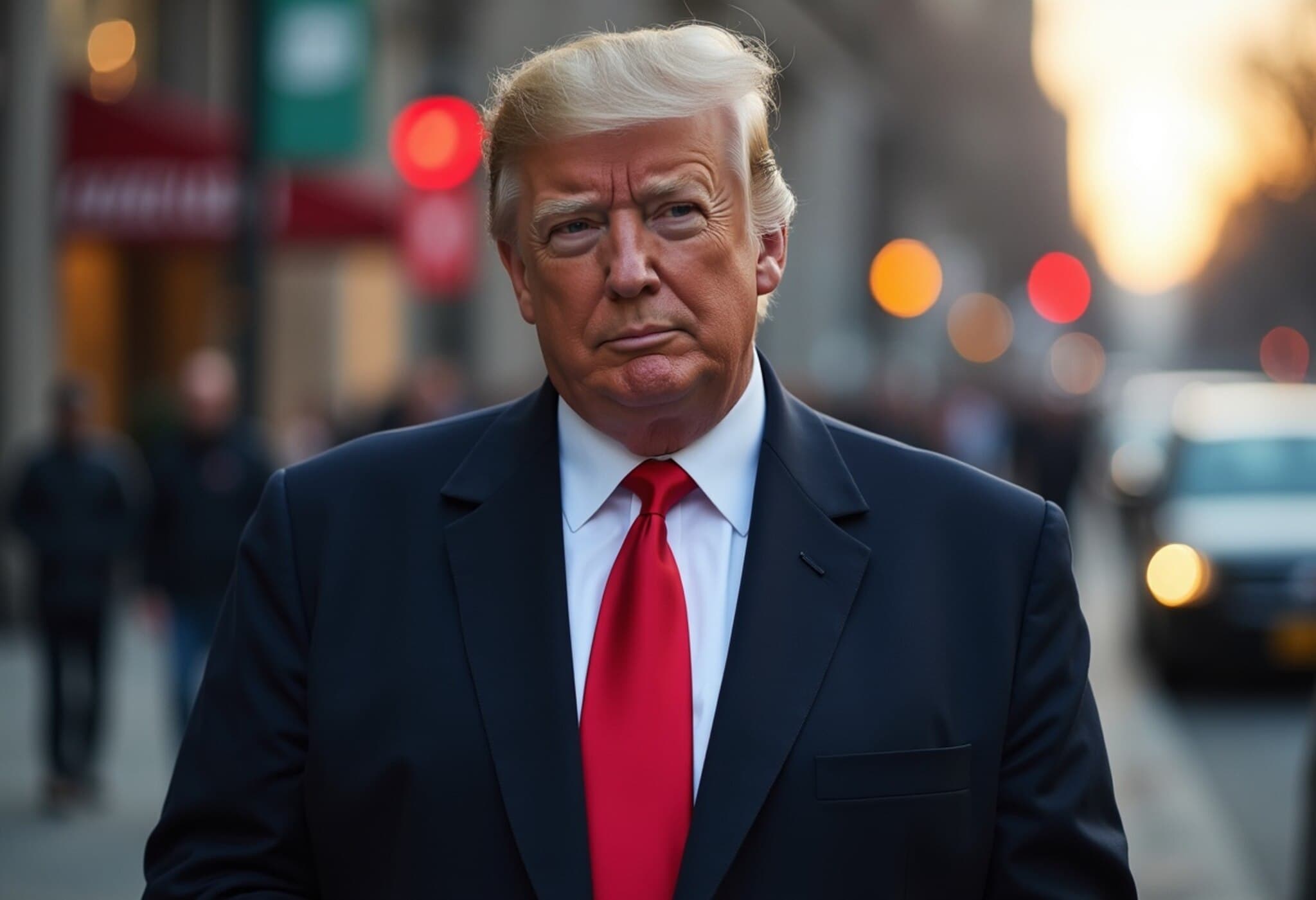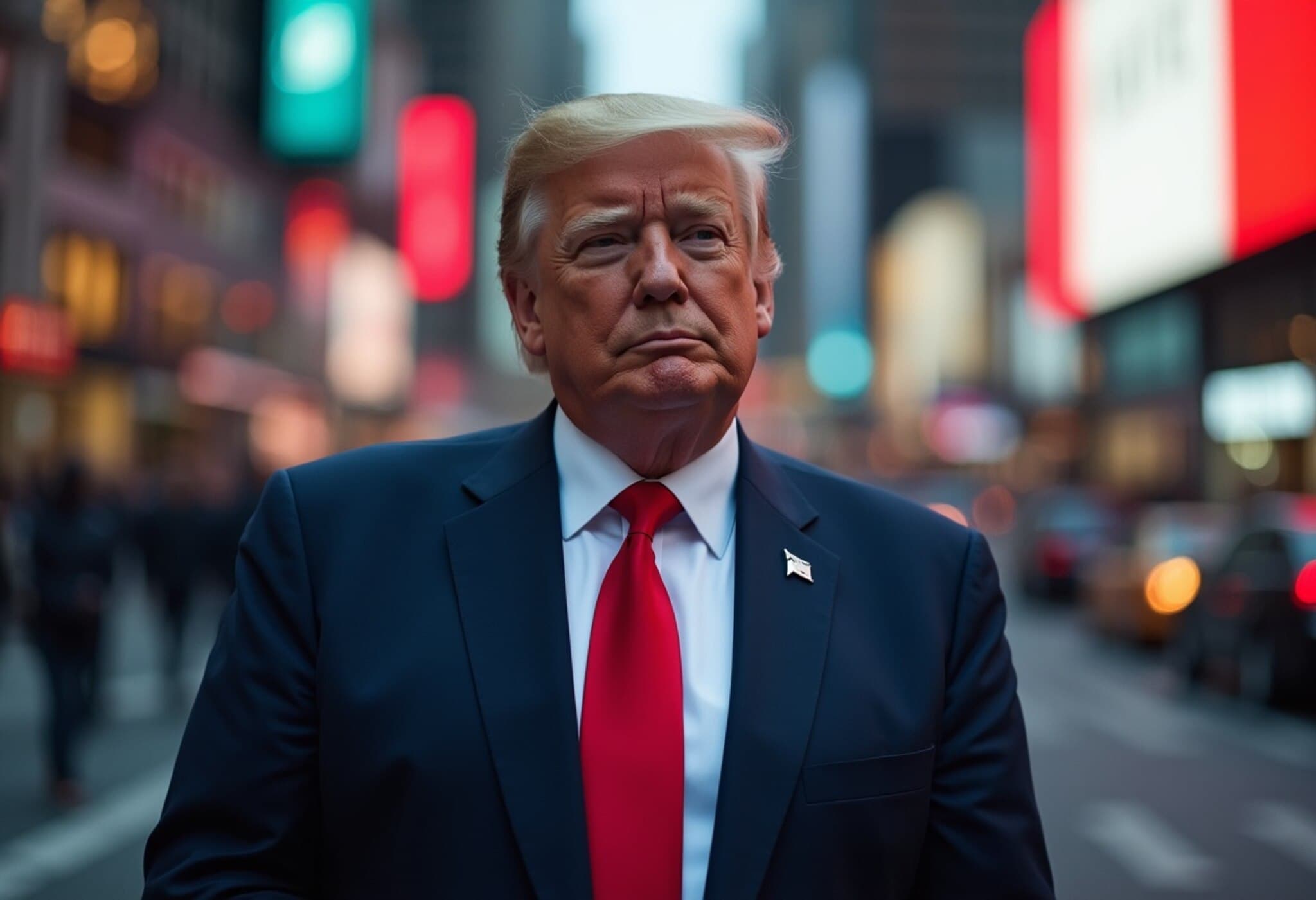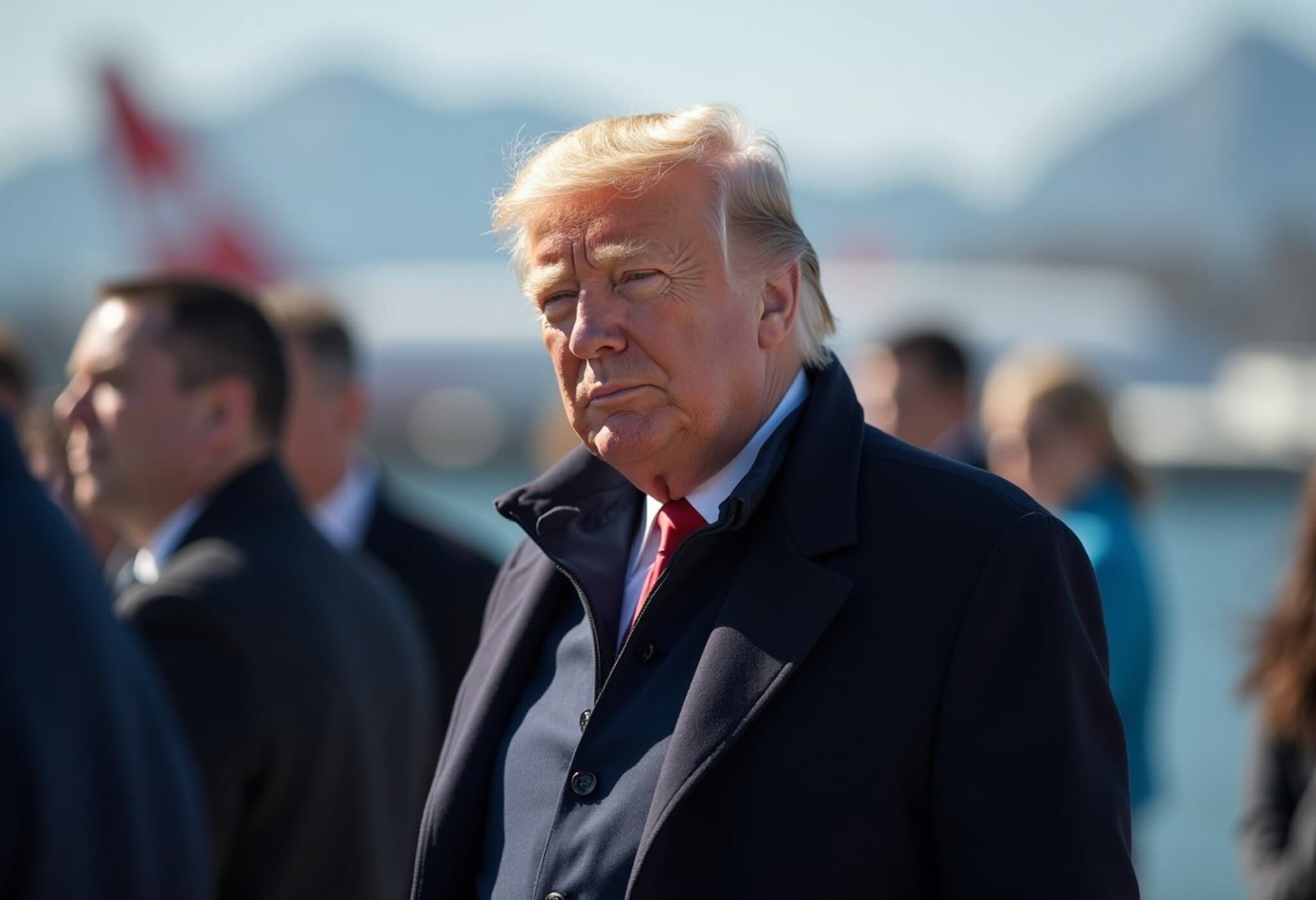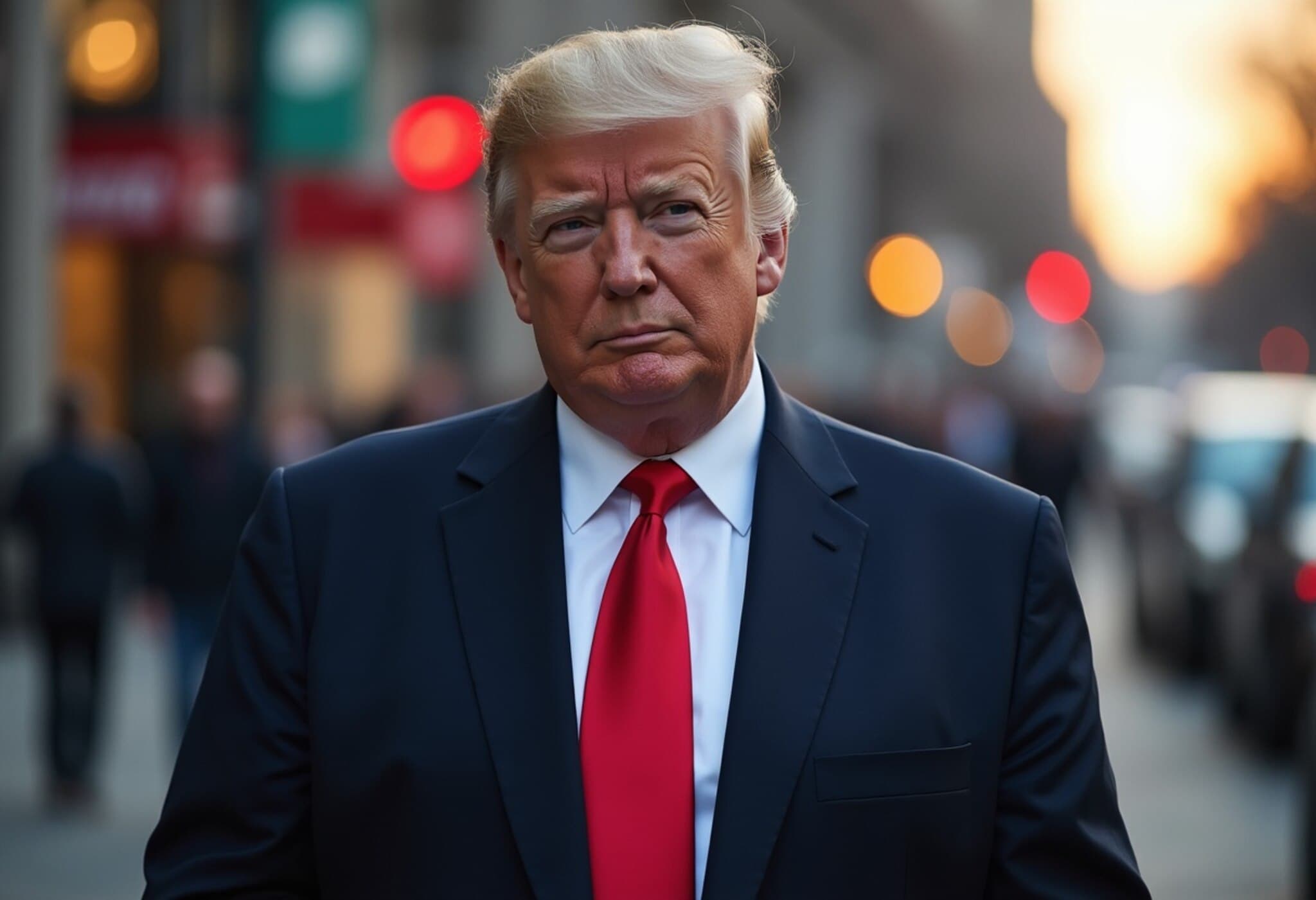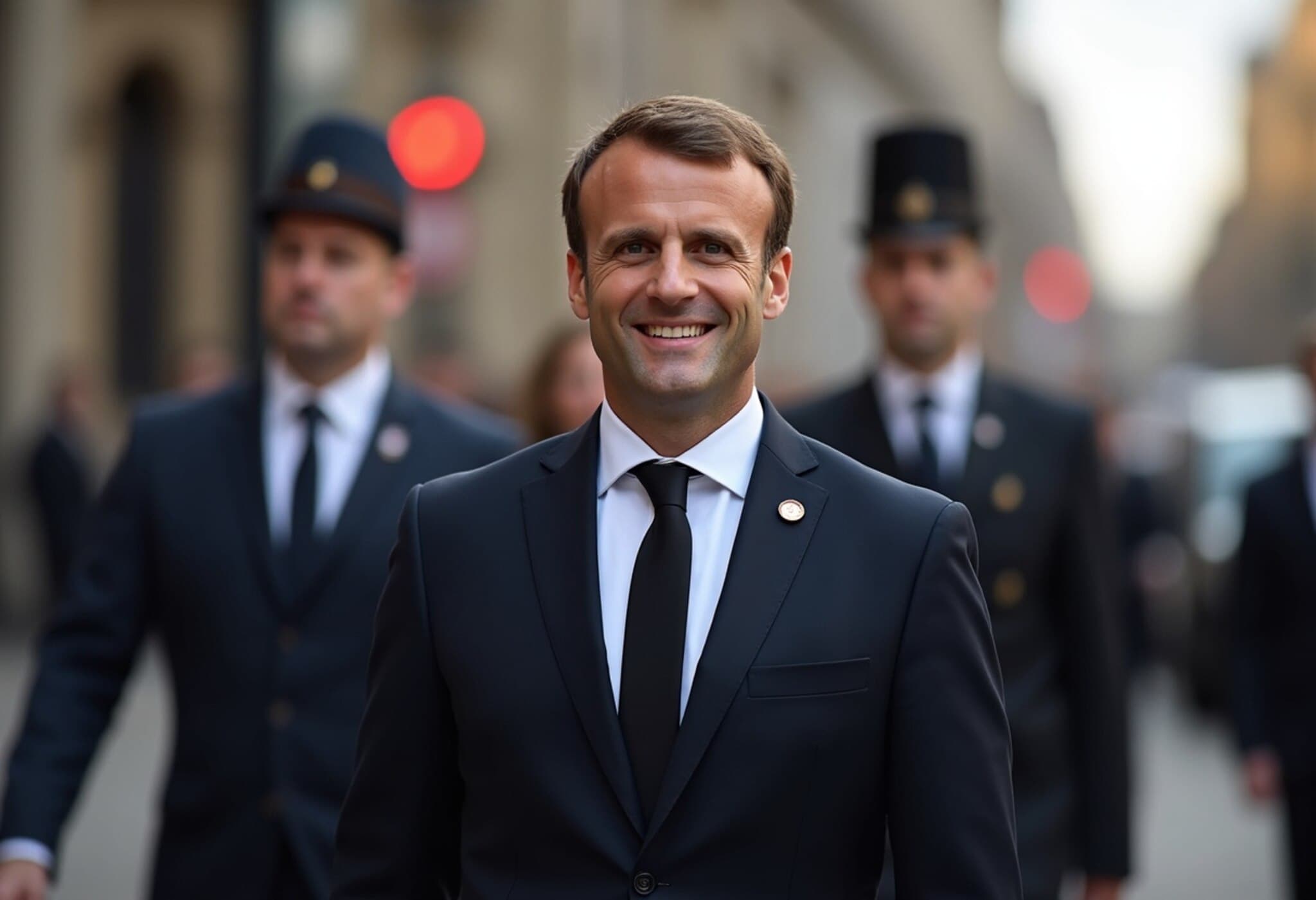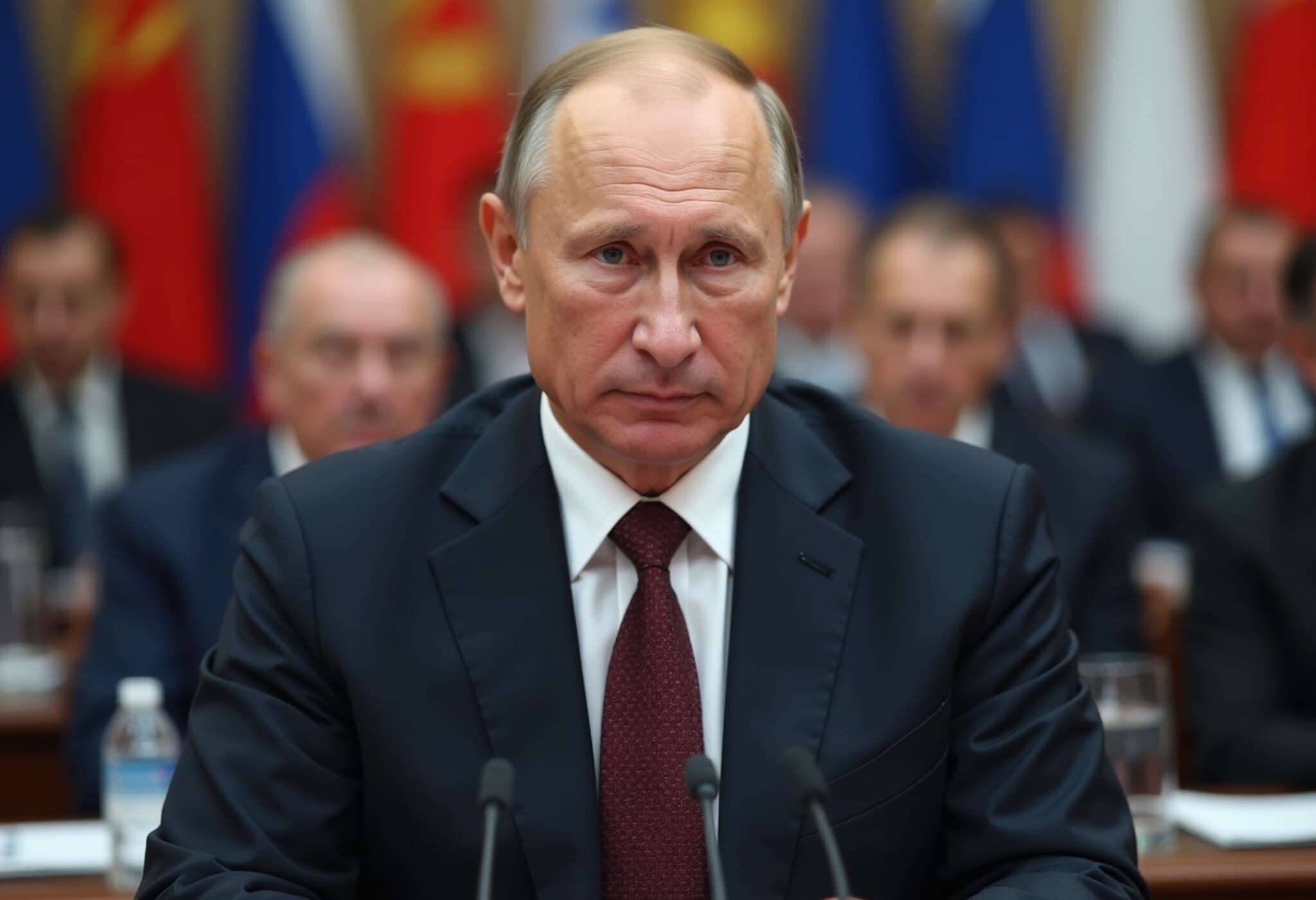Supreme Court Denies Fast-Track Request on Trump Tariff Case
The U.S. Supreme Court has turned down a request from two toy companies seeking an expedited review of their challenge against President Trump's tariffs. This decision means the administration now has the standard 30 days to submit a response rather than facing a rushed timeline.
Toy Companies Contest Trump's Authority Under IEEPA
Two small, family-owned businesses specializing in toys have argued that President Trump exceeded his powers under the International Emergency Economic Powers Act (IEEPA) by imposing widespread tariffs. They claimed that the legislation does not authorize such sweeping import duties without Congress's approval.
Earlier this week, these companies sought to bypass the federal appeals court by appealing directly to the Supreme Court for quicker resolution. They emphasized the tariffs’ extensive impact on American businesses and consumers and characterized the government’s tariff authority as unchecked and disruptive.
Industry Voices Reflect Disappointment but Anticipate a Supreme Court Showdown
The chairman and CEO of Learning Resources and hand2mind expressed disappointment over the Supreme Court’s refusal to expedite but remained focused on the larger legal battle. He stated that while no one wins every motion, the ultimate resolution will come down to a decisive Supreme Court ruling.
Background: Legal Battles Surrounding Trump's Tariff Strategy
President Trump has based his tariff actions on the IEEPA, dating back to 1977, which he cites as justification for imposing tariffs without congressional consent. However, these tariffs have sparked multiple legal challenges from businesses and individuals questioning the executive branch’s use of this statute for broad trade measures.
Last month, a federal judge temporarily blocked the tariffs, ruling that the IEEPA does not authorize a president to enforce universal import duties. Despite this setback, an appeals court allowed the tariffs to remain effective while it prepares to hear arguments later this year.
What Comes Next?
With the Supreme Court declining to fast-track the case, the administration will have its full allotted response period to prepare its defense. Meanwhile, the appeals court will continue to consider the broader legal questions surrounding the president’s tariff powers under the IEEPA.
- 30 days is the new timeframe for the federal government’s response.
- The core dispute centers on the scope of the International Emergency Economic Powers Act.
- The tariffs continue in effect during ongoing litigation.

